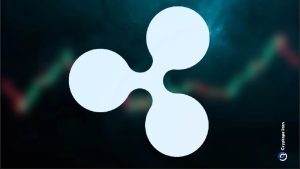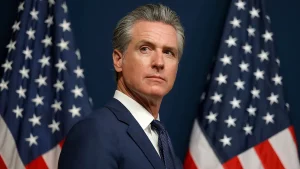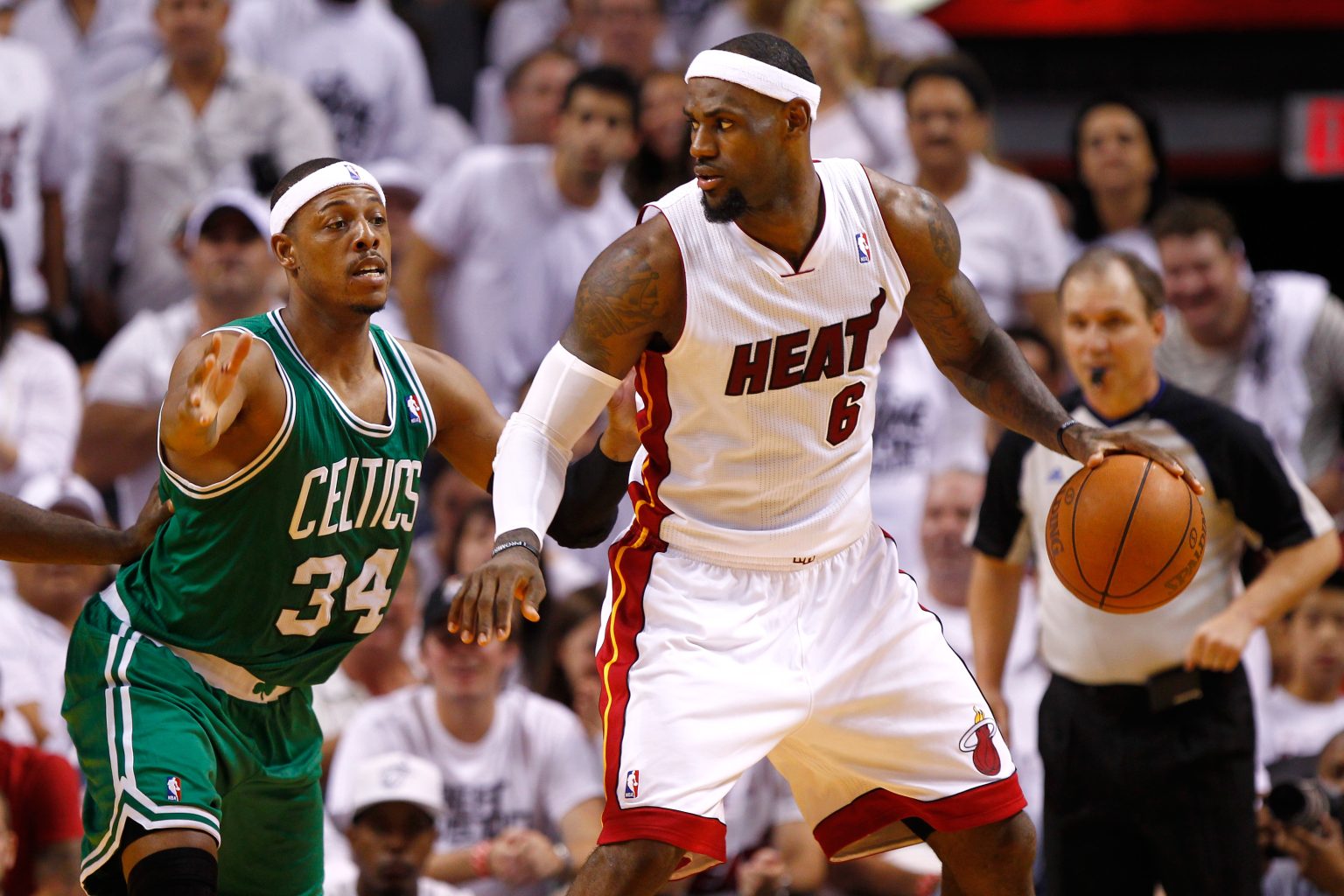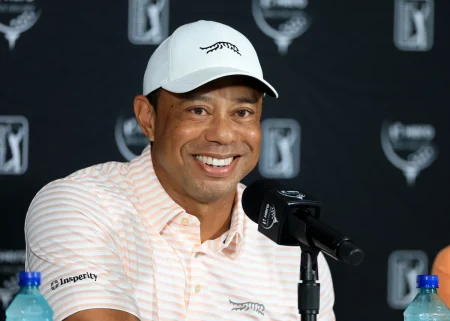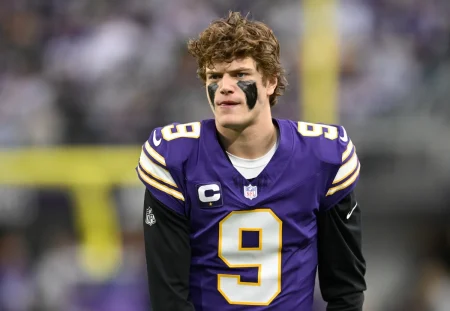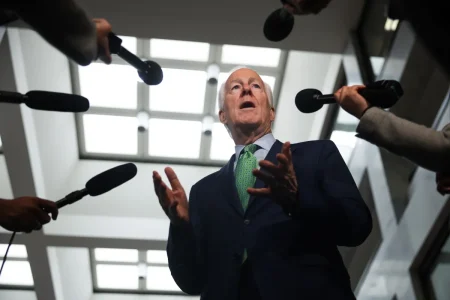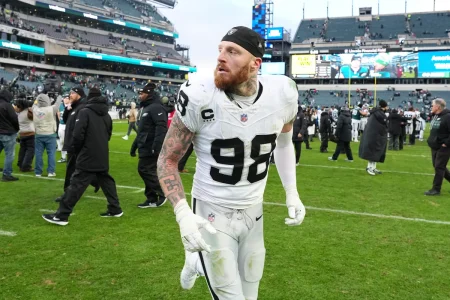LeBron James: Triumph Over Adversity and the Path to Greatness
LeBron James has indisputably established himself as one of basketball’s most dominant forces of the 21st century. Throughout the 2010s, his presence in the NBA was nothing short of legendary, reaching an unprecedented eight consecutive NBA Finals and shattering records along the way. Now 40 years old and preparing for his 23rd season, James has built a career that guarantees him first-ballot Hall of Fame status whenever he decides to hang up his sneakers. His journey to basketball immortality, however, wasn’t without significant challenges, particularly his struggles against Paul Pierce and the Boston Celtics during his early career. These obstacles ultimately shaped James into the champion he would become, culminating in a breakthrough moment during the 2012 Eastern Conference Finals that changed the trajectory of his legacy.
The rivalry between LeBron James and Paul Pierce represents one of the most compelling narratives in modern basketball history. For years, Pierce and the Celtics served as the insurmountable wall that prevented James from reaching his full potential. The Celtics’ defensive prowess and championship pedigree repeatedly frustrated James’s championship aspirations, creating doubts about whether he could ever fulfill the enormous expectations placed upon him since entering the league as a teenager. This dynamic created a psychological hurdle that James needed to overcome to cement his place among basketball’s elite. The frustration of these defeats became fuel for James’s development, pushing him to elevate his game both physically and mentally to overcome his formidable rivals.
In a recent interview, Pierce acknowledged the mutual impact of their competitive relationship, stating, “I had a couple like playoff battles with Bron and he really brought out the best of me. But I will say, I brought out the best out of him too.” Pierce specifically referenced Game 6 of the 2012 Eastern Conference Finals as the pivotal moment in James’s career evolution. With the Miami Heat facing elimination and the potential of another disappointing playoff exit, James delivered what many consider the greatest performance of his career. Pierce claims credit for pushing James to this breakthrough: “He gave me the 40-something piece, because I was about to go back to the Finals, he played the game of his life… I helped him get over the top, because I had to test his mental.”
The performance Pierce references has become legendary in NBA lore. With everything on the line in Game 6, James produced a masterclass in basketball excellence—45 points on remarkably efficient 19-of-26 shooting, complemented by 15 rebounds and 5 assists in 45 minutes of play. This wasn’t merely a great game; it was a statement of will and determination that silenced critics and altered the perception of James’s competitive spirit. The dominance extended beyond this single game, as James averaged 33.6 points, 11.0 rebounds, and 3.9 assists throughout the series, while shooting an impressive 52.7 percent from the field. The Heat would go on to win Game 7, advancing to the NBA Finals where James would capture his first championship, finally clearing the hurdle that had defined the early narrative of his career.
While Pierce’s claims about his role in James’s development contain elements of truth regarding the competitive dynamic between them, they also reflect the complex interplay of rivalry and respect that often characterizes relationships between elite competitors. Pierce’s assertion that he “helped” James reach his peak represents one perspective on their shared history, but the full story encompasses many factors: James’s relentless work ethic, the pressure of championship expectations, the support of teammates like Dwyane Wade and Chris Bosh, and James’s own internal drive to silence doubters. The 2012 Eastern Conference Finals didn’t just represent James overcoming Pierce; it symbolized his triumph over all the narratives that had limited perceptions of his greatness.
The evolution of LeBron James from talented prodigy to all-time great has been defined by moments of adversity and subsequent growth. His struggles against the Celtics early in his career, followed by his eventual triumph, illustrate the hero’s journey that has made him not just a basketball legend but a cultural icon. Pierce’s recent comments, while perhaps self-aggrandizing, highlight an essential truth about athletic greatness—it is often forged in the crucible of competition against worthy adversaries. As James continues his remarkable career, the lessons learned from those battles against Pierce and the Celtics remain evident in his play, leadership, and legacy. The story of LeBron James is not merely about natural talent achieving its destiny, but about the transformation that occurs when extraordinary ability meets extraordinary challenges and emerges victorious on the other side.
